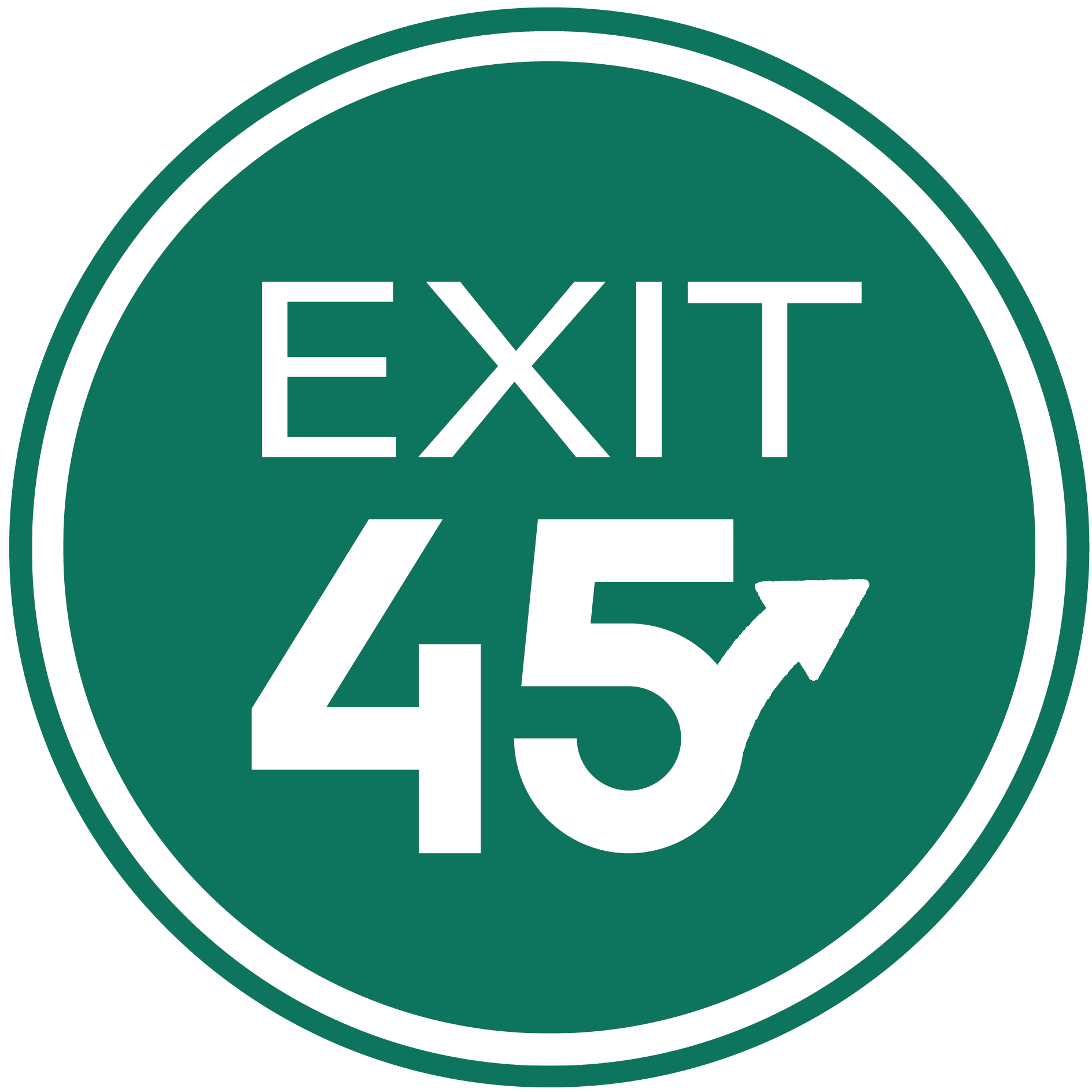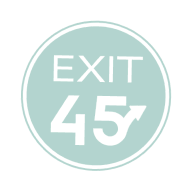Owners with Unrealistic Price Expectations When Selling a Business
In the last three issues (#57 through #59) we discussed three interrelated obstacles to a successful business sale – Inadequate Sellers Discretionary Earnings (SDE), Low or Inconsistent Gross Margins and Inadequate Marketing and Sales Efforts. This issue (#60) will discuss another very common obstacle – Owners with Unrealistic Price Expectations.
" I don't really think in terms of obstacles. My biggest obstacle is always myself. " Steve Earle
Owners with Unrealistic Price Expectations When Selling a Business
If you owned a home with five bedrooms and three baths in a neighborhood with similar homes selling for $450,000, and you decided to sell, would you put it on the market with an asking price of $700,000? Of course not. You would know it would be a big waste of your time and effort.
The same applies to your business. If the business is worth $450,000 and you are trying to sell it for $700,000, you’re wasting your time and effort – and it will frustrate you unnecessarily.
Via public records, the market comparisons for housing are well established, so estimating the fair market value for a home is not all that complicated. Evaluating the value of a business is much more complex. As a reminder, small businesses are valued based on the common denominator of Seller’s Discretionary Earnings (SDE) and comparative valuations are not nearly as easily determined.
How businesses are valued based on Seller's Discretionary Earnings (SDE)
When it comes to valuing a small business (under $3,000,000 in value), Seller’s Discretionary Earnings (SDE) is the common denominator to which a multiple is then applied. The multiple can be a function of a lot of factors, including the industry, but one of the primary factors is the level of SDE itself. Buyers are willing to pay a higher multiple for higher SDE. The following is representative of the range of multiples at various cash flow levels:
CAUTION: The above multiples do not apply to all industries. For instance, the construction industry would typically have lower multiples than displayed above.
The multiples are driven by a range of factors, but mostly by financing formulas and the buyer’s need to have a reasonable return on investment after paying debt service on the acquisition and paying himself a reasonable salary for his efforts in running the newly acquired business.
Qualified buyers won't even look at overpriced businesses
Nearly 100% of the time, businesses priced outside these guidelines do not sell. Many serious prospective buyers have already been through the ordeal of dealing with sellers’ unrealistic expectations and will not even take the time to further investigate a business they know is overpriced. That’s a huge problem – qualified buyers won’t even look at overpriced businesses.
Trying to sell an overpriced business will be one of the most painful things you ever attempt to accomplish. If your expectations are unrealistic, it will simply not result in success. You will regret the day you ever started the process.
Most small businesses sell at 1.0 - 2.5 times SDE
Yes, public entities are valued at 10 – 15 times earnings. But that is not the reality for small businesses. Most small businesses (because so many have SDE of $100,000 or less) sell at a multiple of 1.0 – 2.5 times SDE.
Unfortunately, overpriced businesses are common, accounting for a large percentage of the reasons businesses are not ultimately sold. An owner that has been through the painful process of trying to sell his overpriced business may feel so “burned” by the process that he decides not to sell at all, and the business is just liquidated, or withers away. It’s a shame. Most businesses with adequate SDE, assuming there are no other significant obstacles, can be sold relatively painlessly – if they are reasonably priced.
Do you know the fair market value of your business and how that measures up versus your expectations?
"A fool despises good counsel, but a wise man takes it to heart." Confucius
Overcome the Power of Inertia
Overcome the Power of Inertia and call a business broker for a free consultation. Many brokers offer no-charge, no-obligation evaluations of small businesses. They can provide a broker opinion of value and help you identify obstacles to a successful sale as well as opportunities for improvement to increase the value of your business. That is a great way to start planning for a successful and profitable exit from your business.

